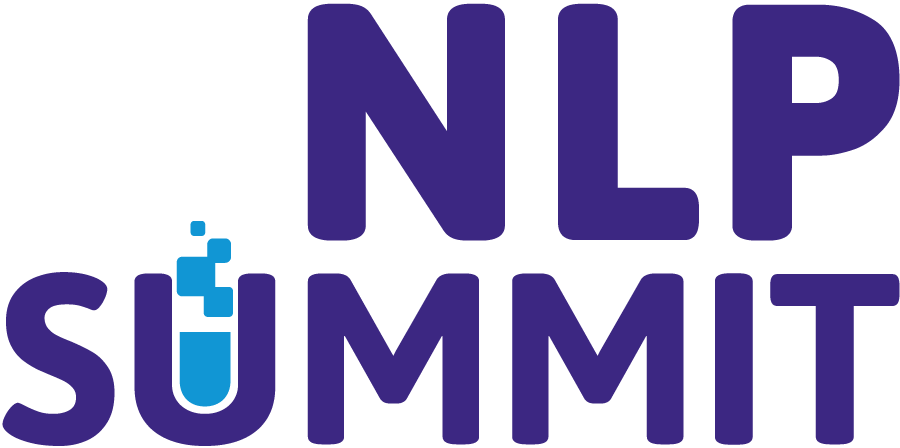Mitigating the Liabilities of Artificial Intelligence in NLP
As Artificial Intelligence and Natural Language Processing become more widely adopted, the risks of AI techniques for NLP are increasing too. From algorithmic discrimination to data leakage and hacking, AI applications of NLP can create a host of unanticipated harms for the organizations that employ it.
This talk, presented by the co-founders of bnh.ai, a boutique law firm focused on AI and analytics, will provide a framework for responding to these liabilities.
Participants will leave with an understanding of both the legal and technical sources of AI risk – and how to mitigate them in the real world.

Andrew Burt is managing partner at bnh.ai, a boutique law firm focused on AI and analytics, and chief legal officer at Immuta. He is also a visiting fellow at Yale Law School's Information Society Project.
Previously, Andrew was Special Advisor for Policy to the head of the FBI Cyber Division, where he served as lead author on the FBI’s after action report on the 2014 Sony data breach, in addition to serving as chief compliance and chief privacy officer for the division.
A frequent speaker and writer, Andrew has published articles on law and technology for the New York Times , the Financial Times and Harvard Business Review , where he is a regular contributor. He holds a JD from Yale Law School.

Patrick Hall is principal scientist at bnh.ai, a boutique law firm focused on AI and analytics. Patrick also serves as an advisor to H2O.ai and as an adjunct professor in the Department of Decision Sciences at The George Washington University.
Before co-founding bnh.ai, Patrick led H2O.ai's efforts in responsible AI, resulting in one of the world's first widely deployed commercial solutions for explainable and fair machine learning. He also held global customer-facing roles and R&D research roles at SAS Institute.
Patrick studied computational chemistry at the University of Illinois before graduating from the Institute for Advanced Analytics at North Carolina State University.

